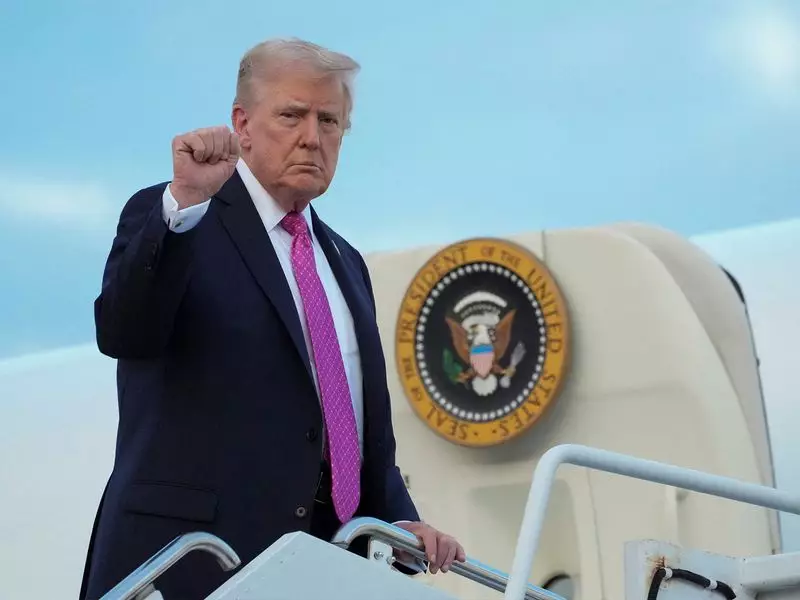
In a significant development that could reshape global trade dynamics, prominent South Korean business titans held a crucial meeting with former US President Donald Trump. The high-stakes discussion comes amid growing concerns about potential tariff implementations that could impact billions in cross-border commerce.
Who Attended the Landmark Meeting?
The delegation featured some of Korea's most influential corporate leaders, including Samsung Electronics Chairman Jay Y. Lee, Hyundai Motor Group Executive Chair Euisun Chung, and SK Group Chairman Chey Tae-won. These industry captains represent sectors crucial to both the Korean economy and global supply chains.
What's at Stake in the Tariff Talks?
The meeting gains particular significance as Trump has floated the possibility of imposing universal baseline tariffs, potentially as high as 10%, on all imports. For Korea—a nation that exported approximately $115 billion worth of goods to the US last year—such measures could have profound economic consequences.
Key Discussion Points:
- Potential tariff impacts on Korean semiconductors, automobiles, and electronics
- Supply chain stability amid growing geopolitical tensions
- Investment security for Korean companies operating in the US
- Future collaboration in emerging technologies
Why This Matters for India
While the meeting focused on US-Korea relations, the outcomes could significantly influence India's trade landscape. Any shifts in global tariff structures or supply chain realignments may create both challenges and opportunities for Indian exporters and manufacturers competing in international markets.
The business leaders emphasized their substantial investments in American manufacturing and job creation, potentially positioning themselves as partners rather than competitors in the US economic landscape. This strategic positioning could set important precedents for how other trading nations, including India, approach future negotiations with the US.
As the world watches these developments unfold, the decisions made in these boardrooms could determine the trajectory of international trade for years to come, making this more than just a bilateral discussion—it's a barometer for global economic relations in an increasingly polarized world.





